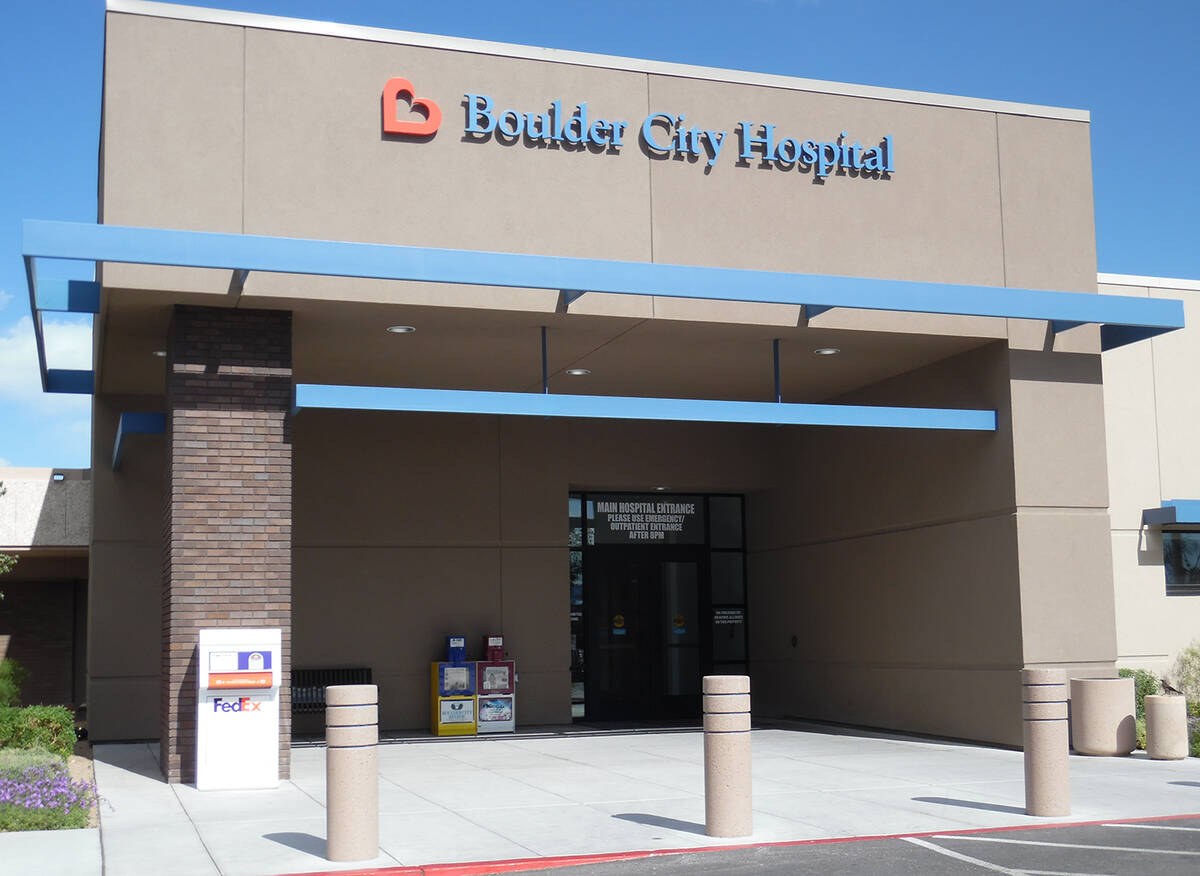Colon cancer screenings crucial for adults
Colorectal cancer is the fourth most common cancer in men and women and the fourth leading cause of cancer-related deaths in the United States. According to the Centers for Disease Control and Prevention, seven in 10 adults in the U.S. aged 50-75 are up to date with colorectal cancer screening; however, in 2021, the CDC lowered the recommended age for colorectal cancer screening for adults to begin at age 45.
Approximately 20 percent of U.S. adults between the ages of 45 and 75 have never been screened for colorectal cancer, and more than 150,000 new cases occur each year.
The American Cancer Society reports, “People born in 1990 have double the risk of colon cancer and quadruple the risk of rectal cancer compared to people born around 1950.”
Colorectal cancer has been linked to inflammatory bowel disease, Crohn’s disease and ulcerative colitis as well as cigarette smoking, heavy alcohol consumption, a lack of exercise, and a high-fat/low-fiber diet.
Colorectal cancer, or cancer that develops in the colon and/or rectum, is a disease in which abnormal cells in the colon or rectum divide uncontrollably, ultimately forming a malignant tumor. Lesions may appear as raised or slightly indented polyps and may be attached to a stalk (pedunculated polyps) or without a stalk (sessile polyps). These polyps are common in people older than 50 and most do not become cancer.
It’s important that adults 45 years and older speak with their health care provider about colon health and the screenings available, which may include a colonoscopy. Visit the American Cancer Society’s website cancer.org. for more information on colorectal cancer.
The Mayo Clinic defines a colonoscopy as an exam used to look for changes, such as swollen, irritated tissues, polyps or cancer, in the large intestine and rectum. During a colonoscopy, a long, flexible tube (colonoscope) is inserted into the rectum. A tiny video camera at the tip of the tube allows the doctor to view the inside of the entire colon.
If necessary, polyps or other types of abnormal tissue can be removed through the scope during a colonoscopy. Tissue samples (biopsies) can be taken during a colonoscopy as well.
According to the CDC, once you reach age 45, or earlier if you have a family history of colon health risk, your health care provider will determine which screening test is best for you. Many factors are considered before choosing a colorectal screening test, including age, medical and family history, and general health; test preparation; sedation; follow-up care; convenience; and cost and insurance coverage.
Among the screening tests for colorectal cancer are fecal occult blood test, sigmoidoscopy, colonoscopy, virtual colonoscopy and DNA stool test.
To help stay healthy at any age, discuss a colorectal cancer screening with your health care provider, and notify your health care provider of any changes in stools or bowel movements (rectal bleeding, black or dark stools, diarrhea, constipation) or if you have a family history of colon health risk.
Other actions include: If you smoke, quit; drink responsibly; exercise; lose weight; and consume adequate fiber.
Take care of your gut. Talk to your health care provider about colorectal cancer.
To Your Health is provided by the staff of Boulder City Hospital. For more information, call 702-293-4111, ext. 576, or visit bchcares.org.















